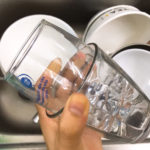Boiling Tips
For dry and flaky potatoes, add a bit of vinegar and salt to the pot when boiling. Once the potatoes are cooked, drain most of the water and let the potatoes sit in the pot for a few minutes.
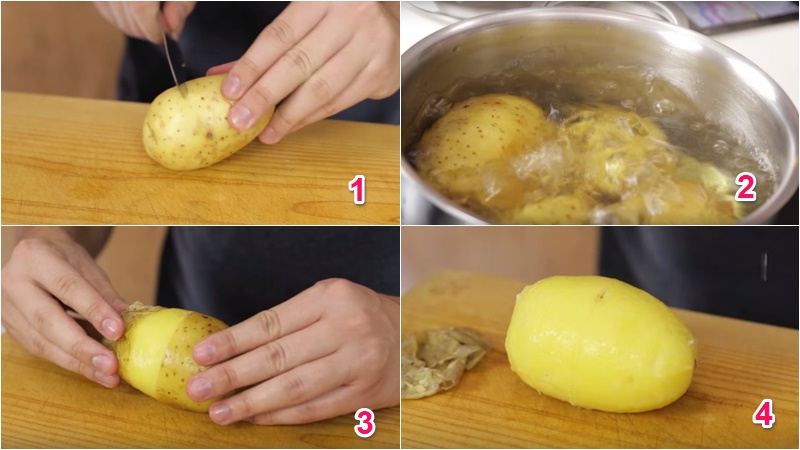
To make peeling potatoes easier, use a knife to score a circle around the potato before boiling. This way, when the potatoes are cooked, you can simply pull the two halves of the peel apart. Easy, right?
How to Quickly Chill Wine Without Ice
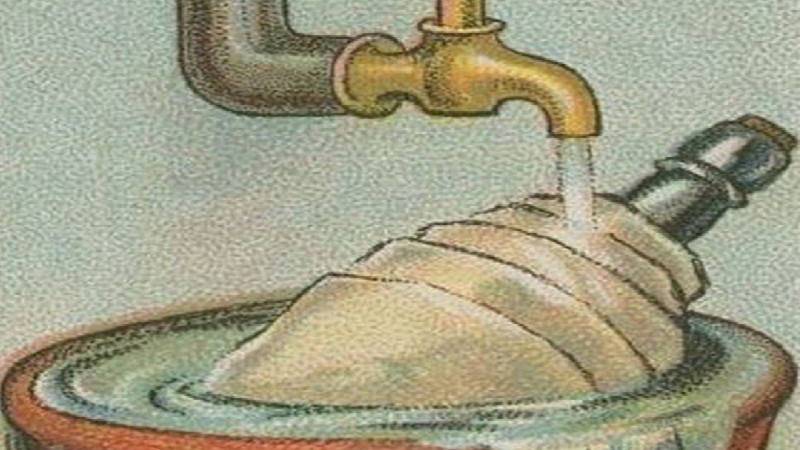
If you want to enjoy chilled wine but don’t have any ice, try this: wrap a cloth around the wine bottle and place it in a bucket of water. Then, run cold water over the bottle for about 10 minutes. Your wine will be nicely chilled in no time!
How to Test Butter Quality
To check the type of butter you’re using, spread a small amount on paper and burn it. Pure butter will have a pleasant aroma, while vegetable butter will have a sharp, nose-tingling smell.
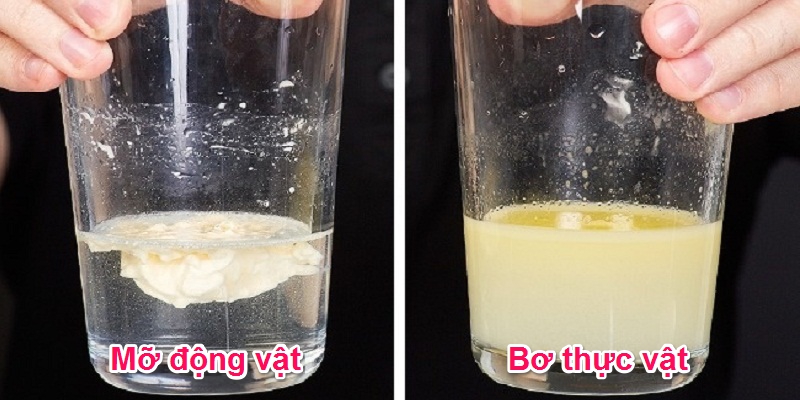
Additionally, you can test whether your butter is vegetable or animal-based by placing a piece in boiling water. If it melts quickly and forms a layer on the surface, it’s vegetable butter. Otherwise, it’s animal butter.
How to Separate Stuck Glasses
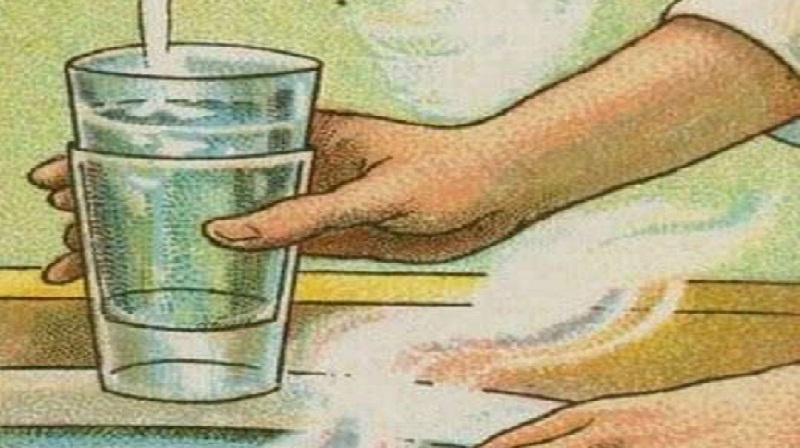
It’s common to stack glasses on top of each other, but sometimes they can get stuck together. To solve this problem, pour cold water into the top glass and dip the bottom of the lower glass into hot water. The hot water will cause the lower glass to expand, making it easy to separate the two.
How to Cut Bread Without Squishing It
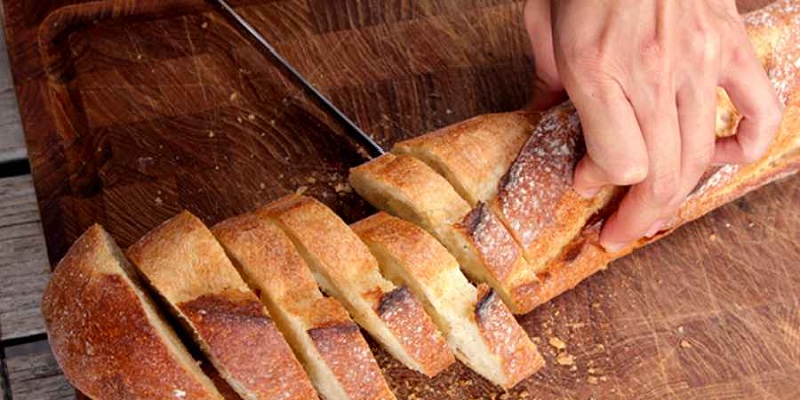
Bread, and other types of cakes, usually require a special bread knife to avoid squishing and unsightly crumbs. However, if you don’t have a bread knife, simply soak a regular knife in hot water before cutting—your bread will stay intact and look beautiful.
How to Check the Freshness of Lobster
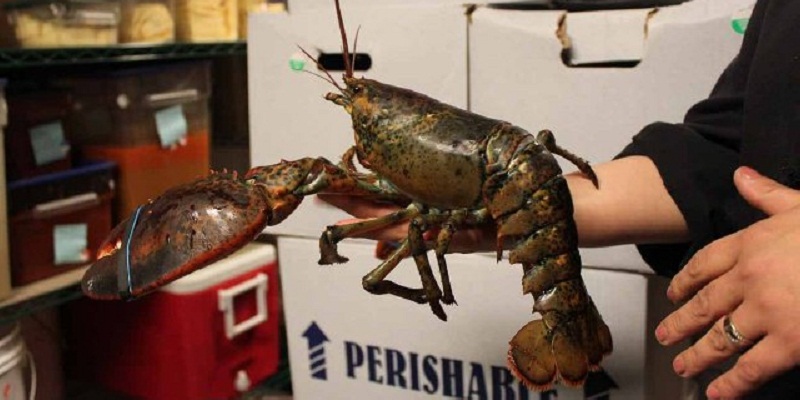
To check the freshness of a cooked lobster at a restaurant, pull its tail backward and then suddenly release it. If the tail snaps back immediately, the lobster is fresh. Frozen lobsters that have been thawed for a long time will not have the same elasticity, and their tails will slowly return to their original position.
Source: danviet.vn
The Ultimate Guide to Separating Two Stuck Glasses: A Simple Solution
Introducing the ultimate solution to a common household problem – getting two stubbornly stuck-together glasses apart! Imagine no more frustrating struggles or risky maneuvers; with this simple guide, you’ll effortlessly separate those fused glasses and restore order to your kitchen. It’s time to unlock the secrets and free your glassware!


























